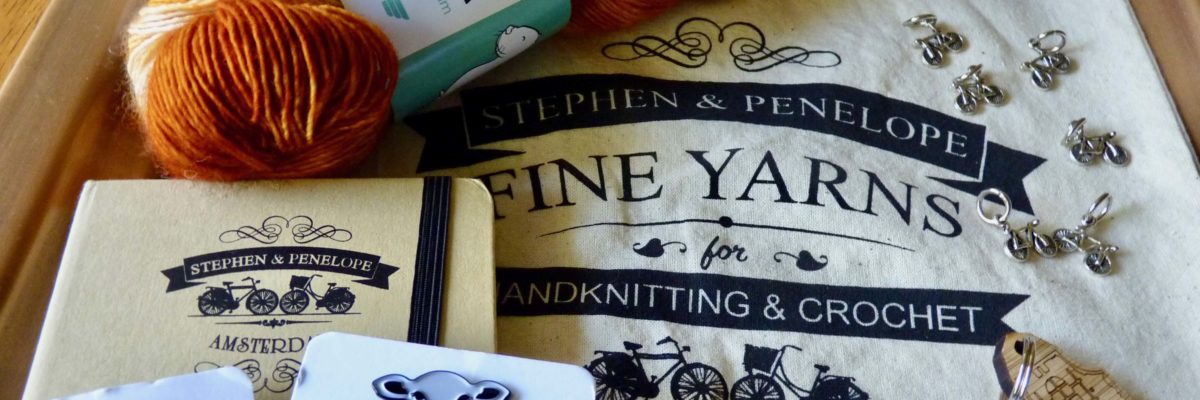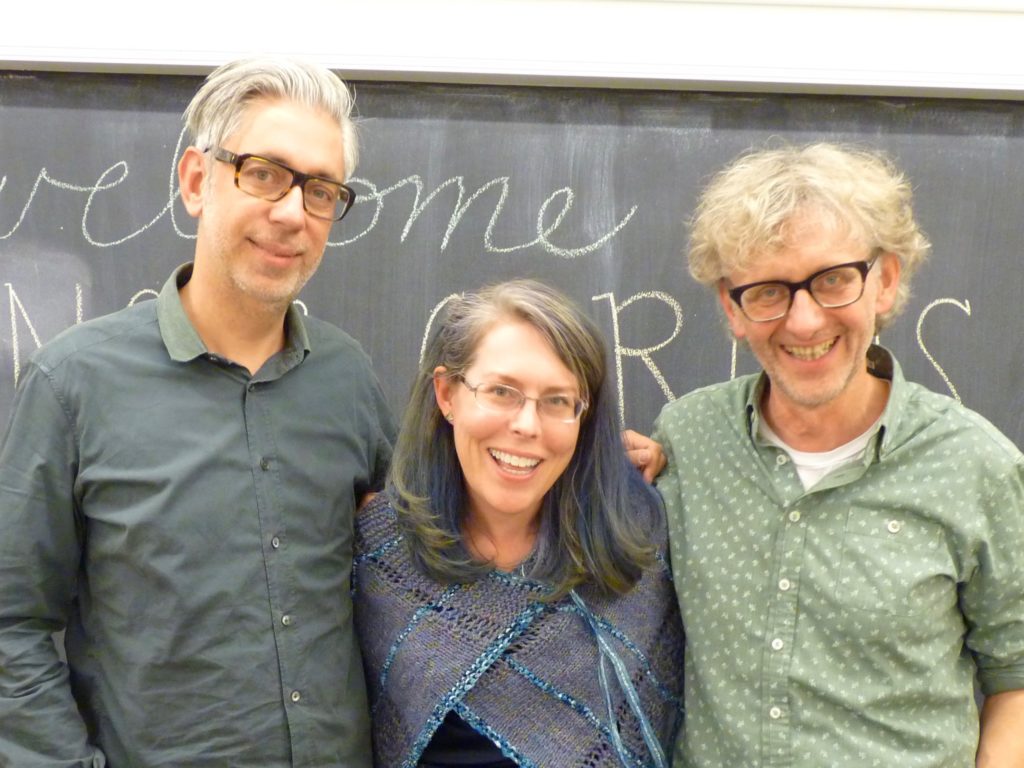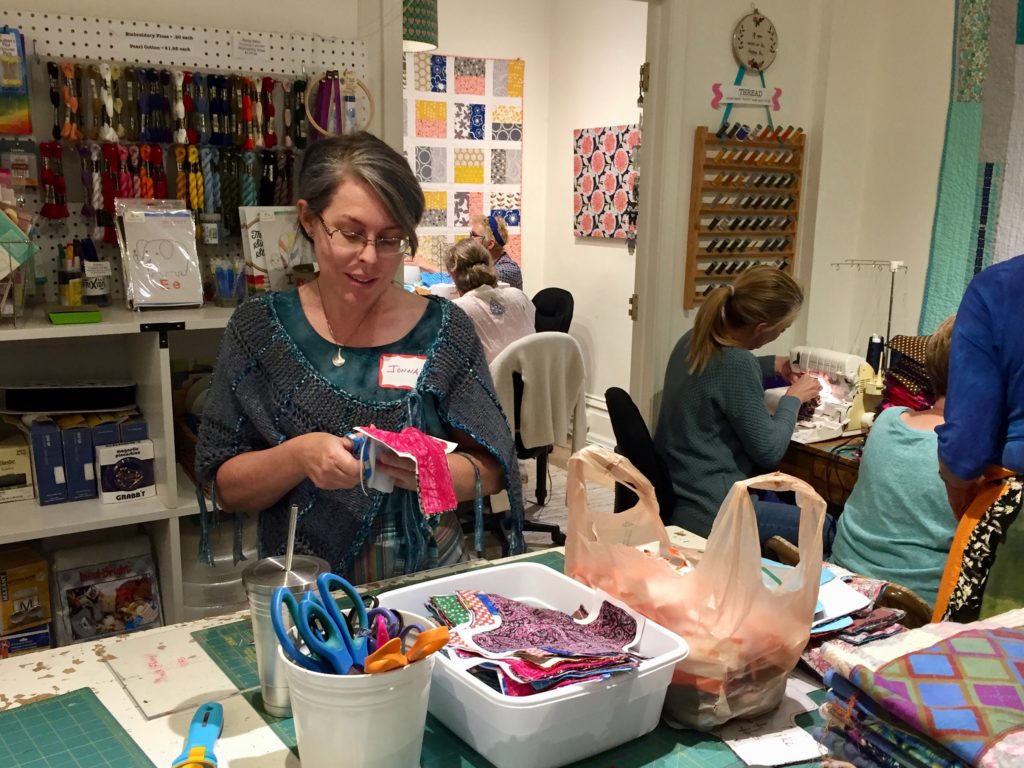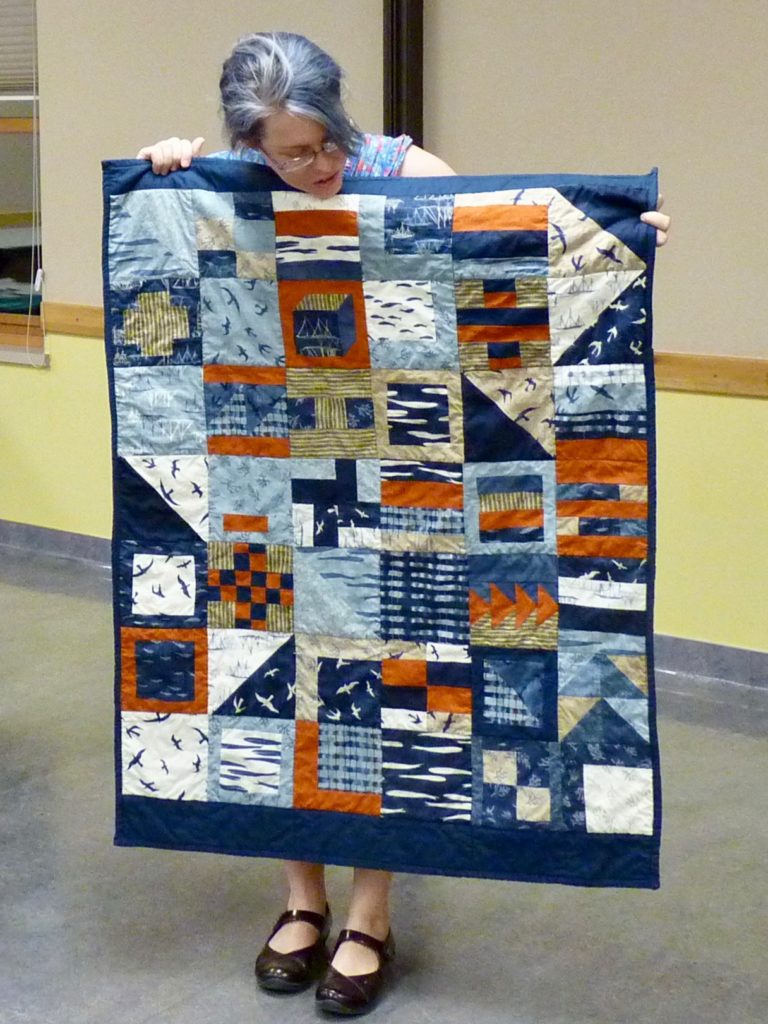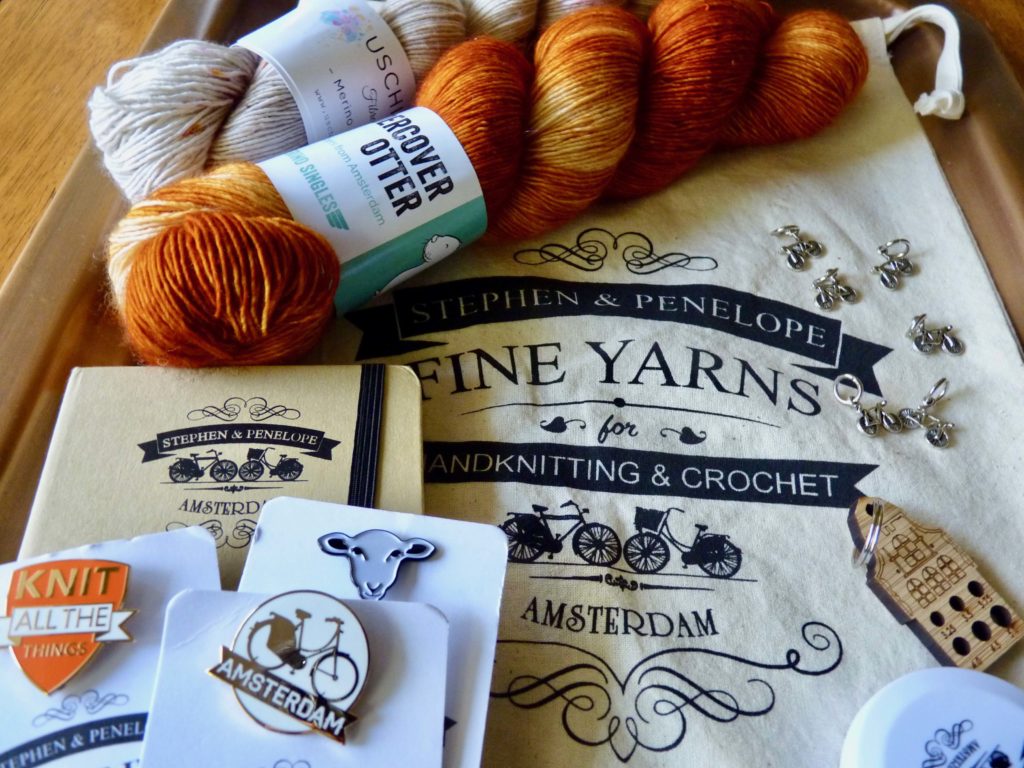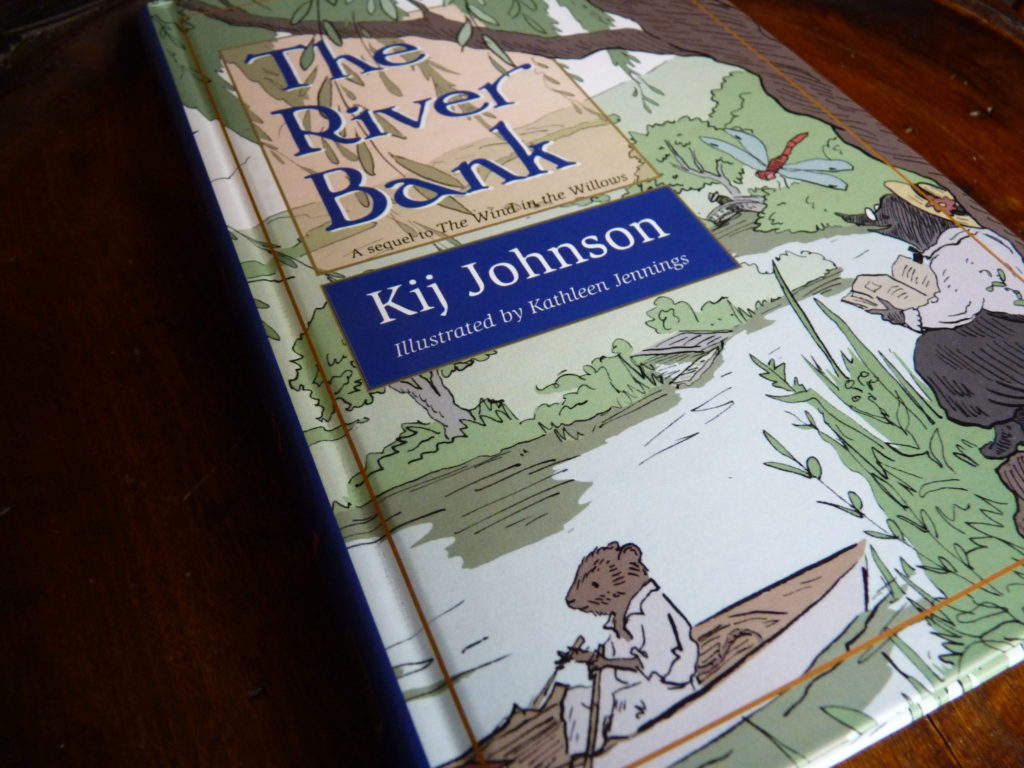I’ll be honest: I’ve been discouraged lately. We all know why. When the world is literally on fire, it’s easy to feel that our actions don’t matter. But our actions do matter, and the best antidote to hopelessness is to create art, to support others, and to give what we can.
I was thinking about this a few weeks ago when I met Norwegian textile designers Arne and Carlos [shown above], who really are the rock stars of the knitting world. Arne and Carlos are incredibly warm and generous and kind, and they taught me how to knit Continental style, which not even my dear friend Solveig was able to do. They also shared their design strategies for their new book, and they told me they recently raised over $2,000 for the Nordic Heritage Museum simply by auctioning themselves as dinner dates. (Being earnest and humble men, they were rather puzzled as to why anyone would spend $2,000 just to have dinner with them, but they agreed with me when I pointed out that the donor probably wanted to support the museum anyway.)
Obviously, no one is going to spend $2,000 just to have dinner with me, but that doesn’t mean I can’t make myself useful. I’ve recently become involved with a charity called Days for Girls, which provides sustainable feminine hygiene kits to girls in developing countries, helping them stay in school. (This is one of those things that we might not think about: without adequate sanitary protection, many girls miss several days of school a month. Days For Girls helps them get those days back.)
Days For Girls has a goal of helping a million girls by the end of this year, and they need monetary donations as well as textile help. So I donated money for supplies and spent an afternoon at Fabricate in Boulder, where I met a bunch of committed women from all over the Denver area, who were helping to make waterproof hygiene kits with flannel liners. [A friend of mine asked: “Are you talking about reusable sanitary napkins?” Yes, I said, not caring if she felt awkward. That’s what I’m talking about.]
Unfortunately, there’s no shortage of charities in need of our help. When Hurricane Harvey blew in, many families in my sister’s community were affected. Steve and I donated to the US Hurricane Relief fund at All Hands Volunteers, but I wanted to do something more personal as well, so when my friend Amy Wade started a drive to make quilts for those affected by the hurricanes, I donated a small quilt. [I just realized the blue fabric in that quilt matches my hair.]
Sometimes we want to help, but we’re pressed for time, and we don’t have much money to spare. If we’re artists, we can raise awareness and funds for a worthy cause while sharing our work with the world. For example, textile designer Maritza Soto has raised funds for Puerto Rico relief by selling PDF copies of her award-winning pattern “Go North,” shown here on the cover of Modern Quilts.
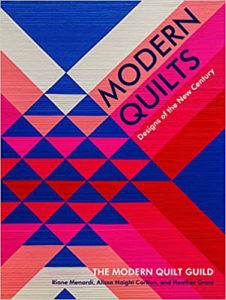
If you’re a writer or designer and you want to help out, consider giving a portion of your eBook royalties to a vetted charity. Then you’ll be helping others with every book you sell. Like PDF patterns, eBooks are ideal products for charity fundraisers because the donors receive something of value, yet the planet isn’t harmed by the production of a potentially unnecessary prize.
Speaking of an unnecessary (but highly desirable) prize, last week a prize package arrived from Stephen and Penelope in Amsterdam, containing two skeins of hand-dyed Dutch yarn, several enamel pins, a tote bag, and other goodies. I literally jumped up and down when I opened the package. I never win anything, but last month I won first prize in Pom Pom Magazine’s Shetland Journey contest, and now I have a gorgeous skein of yarn that looks like a freshly varnished violin.
I won the Pom Pom prize by knitting up an Eshaness Hat from their Shetland Journey book and entering my hat into a contest. Shetland Journey is published by Pom Pom Press, and I would like to see more books by that press. Most of us have limited funds, and we need to make decisions every day about how to spend our money. Since I feel it’s important to support the kind of art and journalism I want to see in the world, I subscribe to The Atlantic and The Washington Post and various other sane publications, I buy Pom Pom and Taproot magazines, and I buy books and eBooks from small presses that publish exceptional work.
So that’s another thing we can do when the world seems to be spiraling the drain: we can support writers and artists whose work we love. Recently, I bought a copy of Kij Johnson’s novel The River Bank, published by the visionaries at Small Beer Press. It’s a gently feminist sequel to Kenneth Grahame’s The Wind in the Willows, featuring pitch-perfect illustrations by Kathleen Jennings. The River Bank is endearingly written and beautifully illustrated, and I’m just so glad it’s come into the world. Publishing is a risky endeavor, and if they’re going to publish books like The River Bank, small presses need our support.
When we donate to charities or give our support to authors and artists and designers, we’re not changing the world, but we are crafting a meaningful response to a world that needs beauty and compassion.
There’s an endless number of things we can do to make the world a better place, but here’s one more thing that’s important: we can use our voices. If you don’t have the funds to buy a book, you can still check it out of the library and tell others about it, or write a review. That’s a great way to help a writer whose work you value. If your budget is tight and you can’t afford to give to charity, you can still call your representatives at 202-224-3121 and advocate for a worthy cause. And if you feel like you’d rather have your eyes gouged out than speak to your Senator, then make a game of it: reward yourself with a piece of chocolate (or a tall glass of sparkling water) for every call you make. Chocolate is always a good idea.
